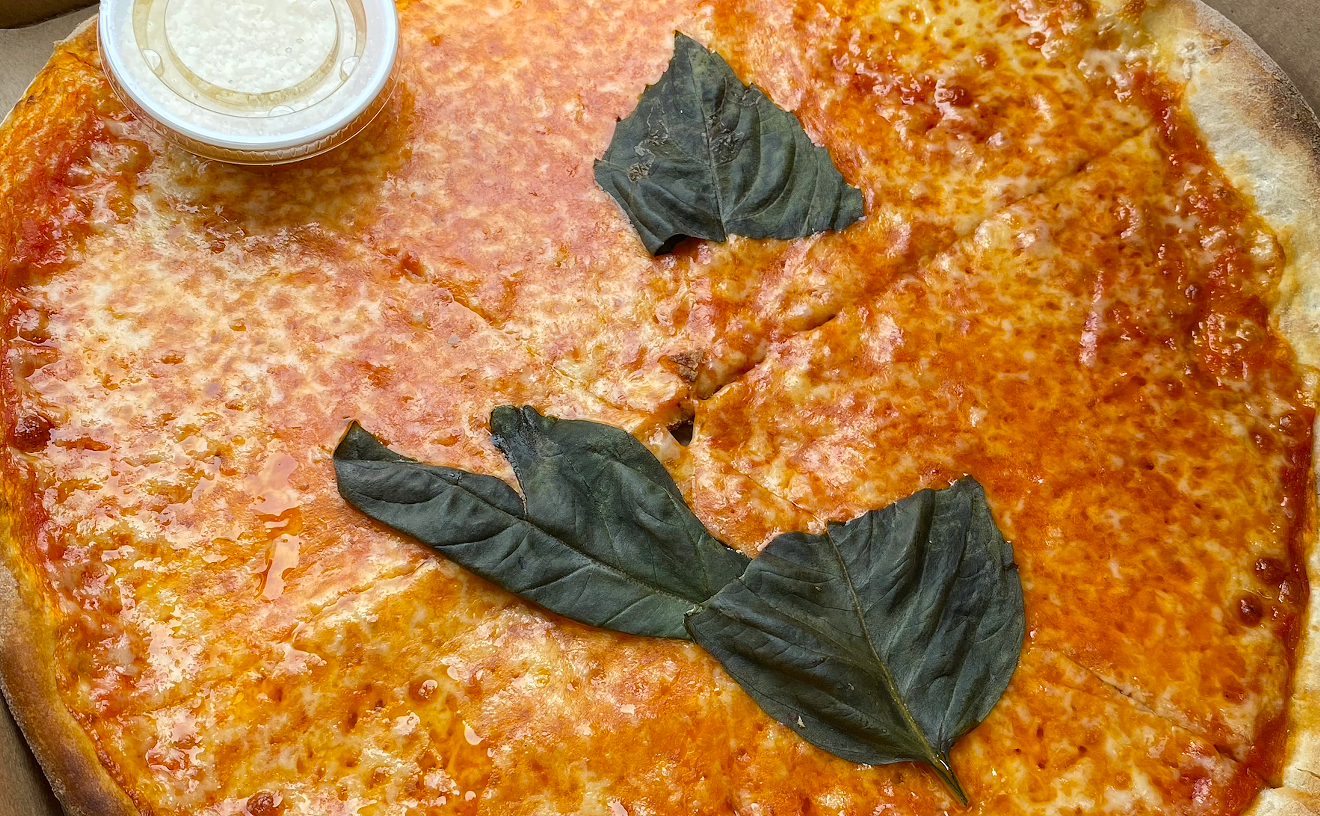Let me just say before I get started that I do eat meat. I try to avoid meat that is not organic, grass fed, or free range or not of a trustworthy, conscious source. I also feel we should not consume meat at every meal or even every day, and here is why.
See also
- Hot Farmer Alert: Meet Farmer Jay
- So You Want to Be a Farmer -- Why?
The main reason we should eat less meat is the amount of water animals require -- not just the water they drink or the water used for cleaning but the indirect water that was used to grow the feed. We use more than 10 billion animals for food in the United States per year. The animals are kept in small areas, squeezing as many animals in as possible, and as a result the animals get sick. We will talk more on that later. Bottom line, we use a crazy amount of water in order to eat as much meat as we do in this country. Scientists are saying that by 2050, we will require 70 percent more food production to feed the growing population. What does this mean for water? I don't think anyone really knows or wants to face the reality, but this is a big problem. Within our lifetimes, we could see 2/3 of the human population on Earth without water for basics needs.
How the animal lives and dies is important.
The necessity to consume meat in our diets is optional and debatable, but how we keep and treat the animals should not be. The way animals are fed, treated, and kept in a conventional close confinement factory animal farm, disease is abundant. As a result, farmers pump the animals with antibiotics to keep them alive long enough to slaughter. In a typical high-output livestock farm, most animals would have died within three to six months of the slaughter anyhow due to disease. This is sad considering that the animals are very young at slaughter, cattle being the oldest at ten to 18 months and chickens the youngest at six to eight weeks.
There is a disconnect from the fact that the meat we eat was once a cow, a pig, or a chicken. I wonder how many people would continue to eat meat if they had to take an animal's life or even watch it being done? In my opinion, it is a very sad and powerful moment when the animal's life is taken that should be regarded with great respect no matter how many animals per year the farm produces. Unfortunately most of the meat we buy in the stores was not treated with respect while it was alive, much less when it comes time to slaughter.
While interning on Greenstring Farm in Sonoma, California, I had a class on how to slaughter, pluck, and clean a chicken. It was an optional class, and you could participate at whatever capacity you were comfortable with, but most opted out. I took the class, took the chicken's life, and plucked, cleaned, and dressed the chicken. Taking a chicken to slaughter is a tough process for me.Think about it: You have had a relationship with the bird and have been feeding and raising it since you hatched it out of the egg. Chickens are especially cute as babies. You have to put up a mental block of some sort.
The slaughter process
My adrenalin is pumping as I think about what I am about to do, and I am playing through my head how this is going to go down. For this class, we are to remove the head with an ax that is leaning against the back of the truck. We have a board with two nails on one end to hold the chicken's head in place so you don't miss. My great grandmother was the one who slaughtered and dressed the chickens for her family; my grandmother would tell me stories about how she would not use an ax or knife for the kill. She had a technique where she would flip the bird holding its head while the body spun. Her wrist flip was so fast that the chicken never felt anything. The walk to the chopping block with the chicken was a little emotional, I have to admit. Before I put the chicken down, a few words of gratitude for the life that is taken and the chicken was off to chicken heaven. Once the bird has passed, the blood must be drained and the feathers must come off. They make special plucking machines that are reminiscent of a washing machine to do this task, but we did it the old-fashioned way. If the feather follicles are heated, they release the feathers more easily; do this with a brief dip in boiling water. From here, the process is pretty gory, and I will spare you the details.
I hope nobody is grossed out or offended by my article today. It is important that we respect the meat we eat and know how it is done to make educated decisions. My hope is that people will learn to appreciate how special eating meat is. As always, this commentary is coming only from a peaceful and loving place.
Follow @ CleanPlateBPB










